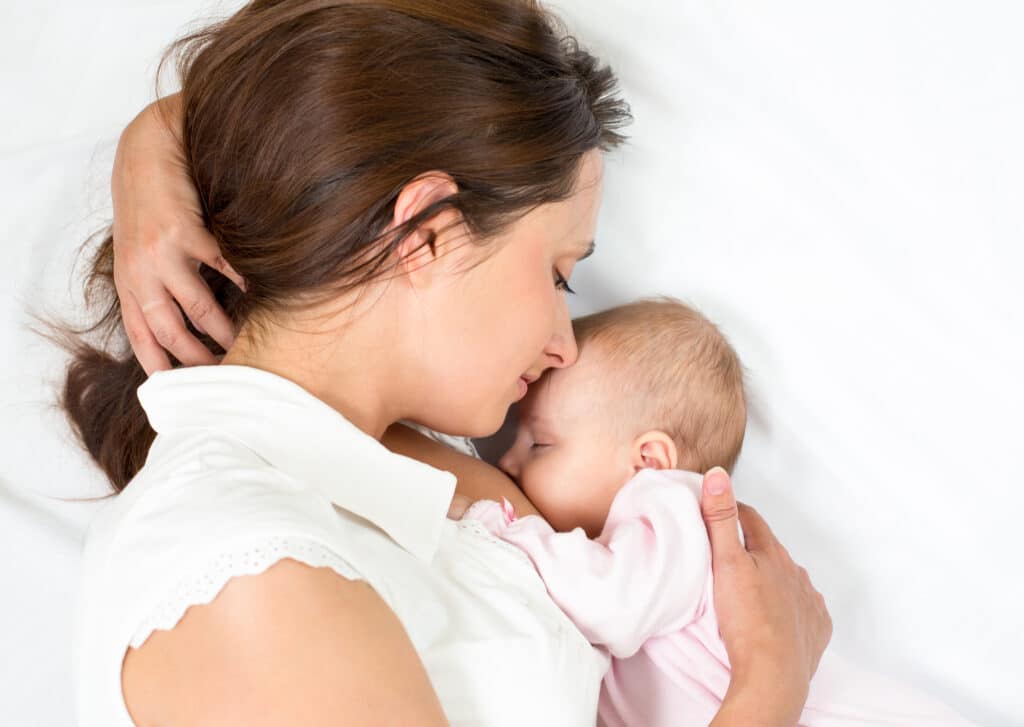Limited time offer!
JULY SALE, use code "JULY10" to get 10% OFF
“Is it possible to drink coffee if you are breastfeeding?” Meet one of the most common questions on the forums of young mothers or any-aged mother at that. To drink or not to drink coffee is the question that we all want to know when we are breastfeeding our newborn. Surprisingly, the majority of controversial points, directly or indirectly related to such an important concept as “motherhood,” do not have an exact explanation. Hence, the question of taking a fragrant drink by nursing moms was no exception.
What do we see? Both European and American pediatricians, as well as mothers of non-allergic children, came together saying that a couple of cups of coffee a day does not affect the state of the beloved child. To drink or not to drink is the question. With all of this confusion, it is best to consult a doctor always to find out the answers to your questions. Keep in mind, everybody is different and as one mother may be able to drink coffee during breastfeeding, another may not. This is why it is important to follow up with your doctor on behalf of any concerns you may have.
The primary reason that serves as a basis for prohibiting the use of coffee when breastfeeding is a substance in its composition all known caffeine. It is a powerful natural energetic, with which most of the population of our planet consumes first thing after getting out of bed in the morning. When taken by a nursing mom of this caffeine makes it into not blood only, but also into the actual breast milk. That is why there a belief that such a mother’s child will be nervous, fanciful, will get tired fast and sleep poorly (which is the worst nightmare for new parents) if the mother consumes caffeine while breastfeeding. In this matter, the result of a study conducted by the American School of Pediatrics serves as a weighty argument for mother coffee lovers. It has been scientifically proven that an average cup of coffee contains up to 150 mg of caffeine, and even if a mother drinks 5 cups a day, no more than 3 mg of the substance gets into the baby’s body. This dose, we will not be afraid of this word, is negligible and is not capable of harming the shape of the baby.

Interesting the fact that green tea, which most doctors strongly recommend using for pregnant and lactating women, contains almost the same amount of caffeine as coffee, and some varieties have more. Besides, nursing mothers should know that black tea, cacao, and chocolate produces this invigorating substance. Many mothers think that they need coffee to go on with their days, but if they stick to a nutritious diet, they will come to find out they don’t even need it.
The most interesting thing is that the arguments of opponents of drinking coffee while breastfeeding sound no less convincing and are based on the results of scientific research. The first thing you need to know about the children’s body is that it can entirely remove caffeine only when the child reaches the age of 1.5-2 years, and before that, it just accumulates. Every mother knows what can happen when a substance in the body becomes too much right? Daily use of a large amount of coffee can cause a strong allergic reaction. Therefore, if the baby is prone to various manifestations of allergy, it is better to reduce the use of coffee to a minimum or remove it altogether.
The next important point is more likely the health of the mother. It has been shown that coffee contributes to the elimination of calcium from the body which is responsible for the strength of our bones and teeth, as well as the beauty of hair and nails. Since during breastfeeding the mother’s share of calcium along with the milk goes to the child, forming a deficiency in the woman’s body, an extra cup of coffee can cause even more damage to her health and beauty. If a mother breaks her nails during the breastfeeding period and her hair falls, then it is better to give up drinking coffee.

A much more difficult choice is facing mothers who prefer a coffee with milk or cream instead of strong black coffee. The fact is that milk allergy is a common problem among infants. What to do in this case? The solution to the problem here is customized: again, if the child is term, healthy, gains weight well and is not prone to an allergic reaction, and then the mother can be completely calm using a moderate amount of her favorite drink. Otherwise, cut off coffee from the diet for a couple of months, and only then try to bring in again carefully.
Chicory will be an alternative to coffee during breastfeeding. It does not contain caffeine, but it is group B and C vitamins, let alone such microelements as kalium, iron. However, you should know that a child could be allergic to chicory, so it is better to carefully “test” this drink with small doses and only then give it to the child. Finally, we bring to your attention a few useful tips that will help minimize the possible harm from the use of caffeine:
Being a new mom, you must understand that your habits must change for the health of your newborn. Although some women have different rules to follow, each woman’s body is different. This means that the same guidelines do not apply to each person. Drinking too much caffeine can not only affect the health of your child but also change the size of your breasts. Although the size of your breasts does not necessarily matter when breastfeeding, you still want to be able to produce the most amount of milk as possible for your baby. In conclusion, the cons of drinking coffee while breastfeeding outweighs any pros that there are. We suggest waiting until your breastfeeding journey is complete to start consuming caffeinated beverages for the sake of both you and your child. Luckily, there are alternatives to this if you feel it is necessary to consume coffee. Our favorites are listed below: